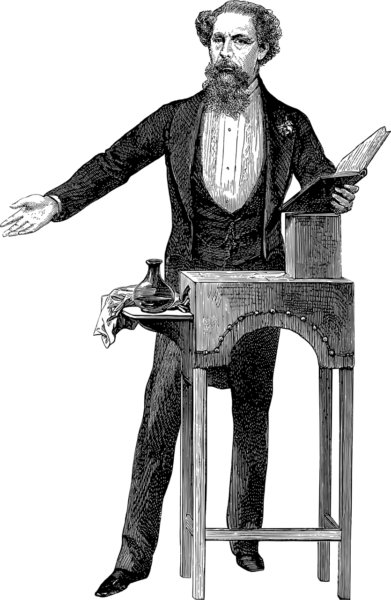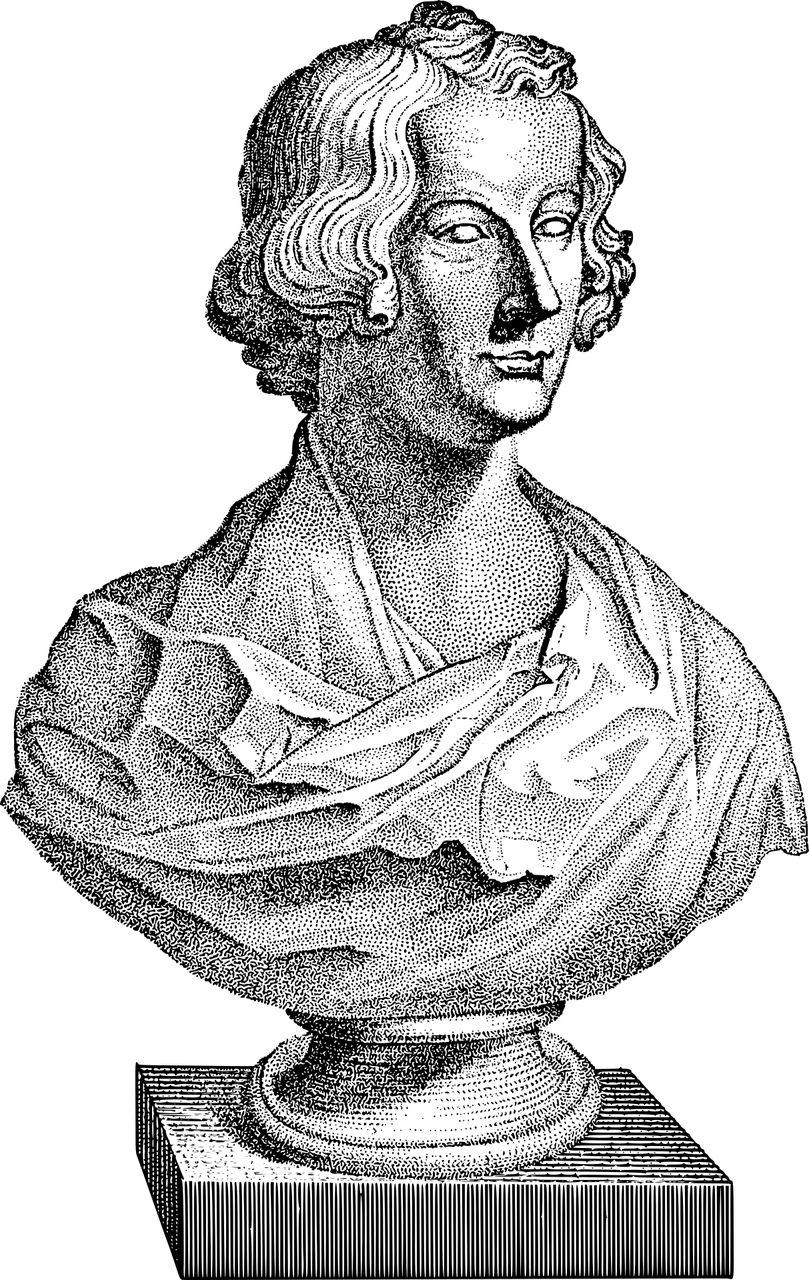George Orwells 1984: A Dystopian Classic

Introduction:
George Orwell’s novel “1984” is a seminal work in the dystopian genre. Published in 1949, this iconic novel presents a chilling vision of a totalitarian society where individualism is suppressed, and Big Brother’s surveillance state reigns supreme. In this article, we will explore the key themes and messages of “1984,” its historical context, and its enduring relevance in today’s world.
Understanding the World of “1984”:

“1984” is set in Oceania, a fictional superstate controlled by the Party led by Big Brother. The protagonist, Winston Smith, works in the Ministry of Truth, where historical facts are constantly manipulated to suit the Party’s narrative. One of the central concepts in the novel is Newspeak, a language designed to limit freedom of thought and restrict individual expression. The constant surveillance through telescreens and the Thought Police’s ruthless monitoring creates an atmosphere of paranoia and fear.
Key Themes and Messages:
“1984” explores several fundamental themes and serves as a warning against the dangers of totalitarianism. Orwell criticizes the abuse of power, the erosion of individuality, and the manipulation of truth. The novel captures the oppressive nature of authoritarian regimes and illustrates the potential consequences of unchecked government control. It raises questions about the importance of privacy, freedom of expression, and the dangers of collective apathy.
Evolution of “1984”:
“1984” was initially met with mixed reviews upon its release but has since gained widespread acclaim and recognition. Its influence can be seen in literature, popular culture, and political discourse. The popularity of the novel surged during the Cold War era, with its depiction of a divided world and the threat of nuclear war resonating with readers. Orwell’s vision of a dystopian future continues to be referenced in discussions about government surveillance and the erosion of civil liberties.
Impact on Literature and Popular Culture:
“1984” has had a profound influence on literature and continues to inspire authors across genres. Its dystopian themes have been explored in works such as Margaret Atwood’s “The Handmaid’s Tale” and Ray Bradbury’s “Fahrenheit 451.” The term “Orwellian” has become synonymous with totalitarianism and surveillance culture. The novel’s concepts and phrases, including “Big Brother is watching,” have entered mainstream consciousness, further solidifying its lasting impact.
Relevance in Today’s World:
With the rise of technology and the increasing encroachment on privacy, “1984” remains relevant today. The novel’s warnings about the manipulation of information and the potential for authoritarianism strike a chord in an era dominated by social media and data surveillance. The novel serves as a reminder to remain vigilant and to question authority, urging individuals to safeguard their personal freedoms.
In conclusion, George Orwell’s “1984” continues to captivate readers with its haunting depiction of a dystopian society. The novel’s enduring relevance lies in its exploration of themes such as government control, the manipulation of truth, and the erosion of individuality. As we navigate the complexities of the modern world, Orwell’s cautionary tale serves as a stark reminder of the importance of preserving our freedoms and resisting the forces that seek to suppress them. “1984” stands as a powerful testament to the enduring power of literature in illuminating the darker aspects of human nature and the potential dangers that lie ahead if we fail to remain vigilant.
FAQ
What is the historical context of 1984?
What is the main theme of George Orwells 1984?
Why is 1984 still relevant today?
Flere Nyheder
Den moderne fotograf: Færdigheder, teknik og kreativitet
Introduction: George Orwell’s novel “1984” is a seminal work in the dystopian genre. Published in 1949, this iconic novel presents a chilling vision of a totalitarian society where individualism is suppressed, and Big Brother’...
12 november 2024
Galleri Nordjylland: Et kunstnerisk epicenter i det danske landskab
Introduction: George Orwell’s novel “1984” is a seminal work in the dystopian genre. Published in 1949, this iconic novel presents a chilling vision of a totalitarian society where individualism is suppressed, and Big Brother’...
10 juni 2024











